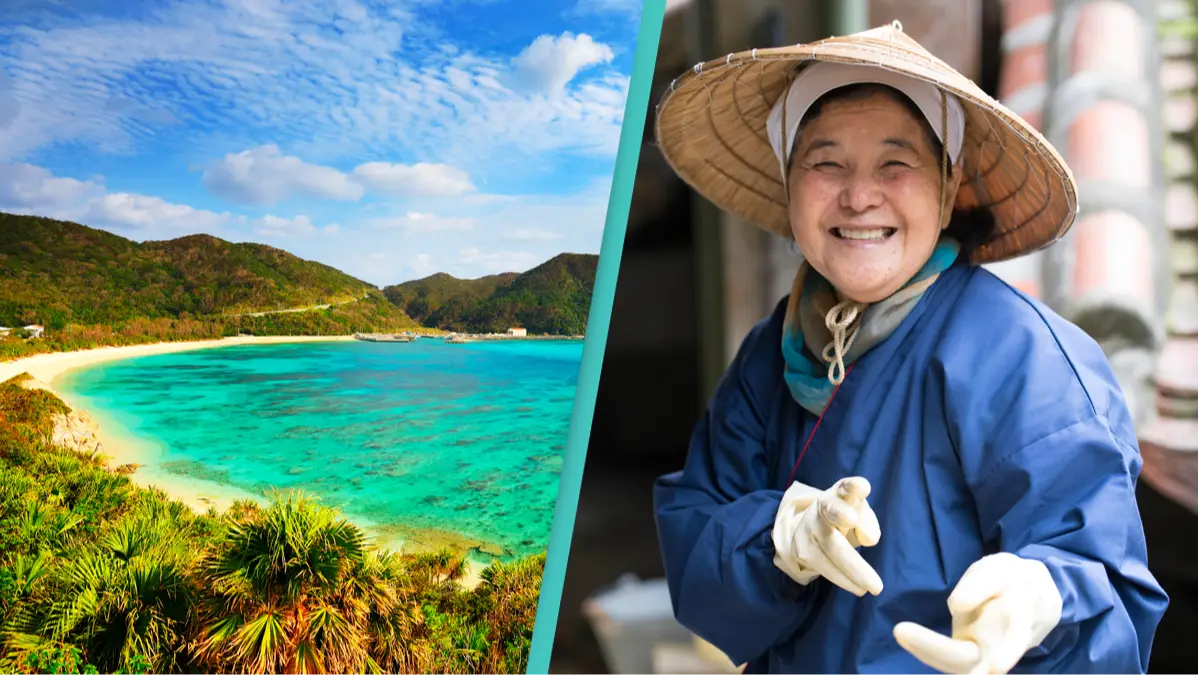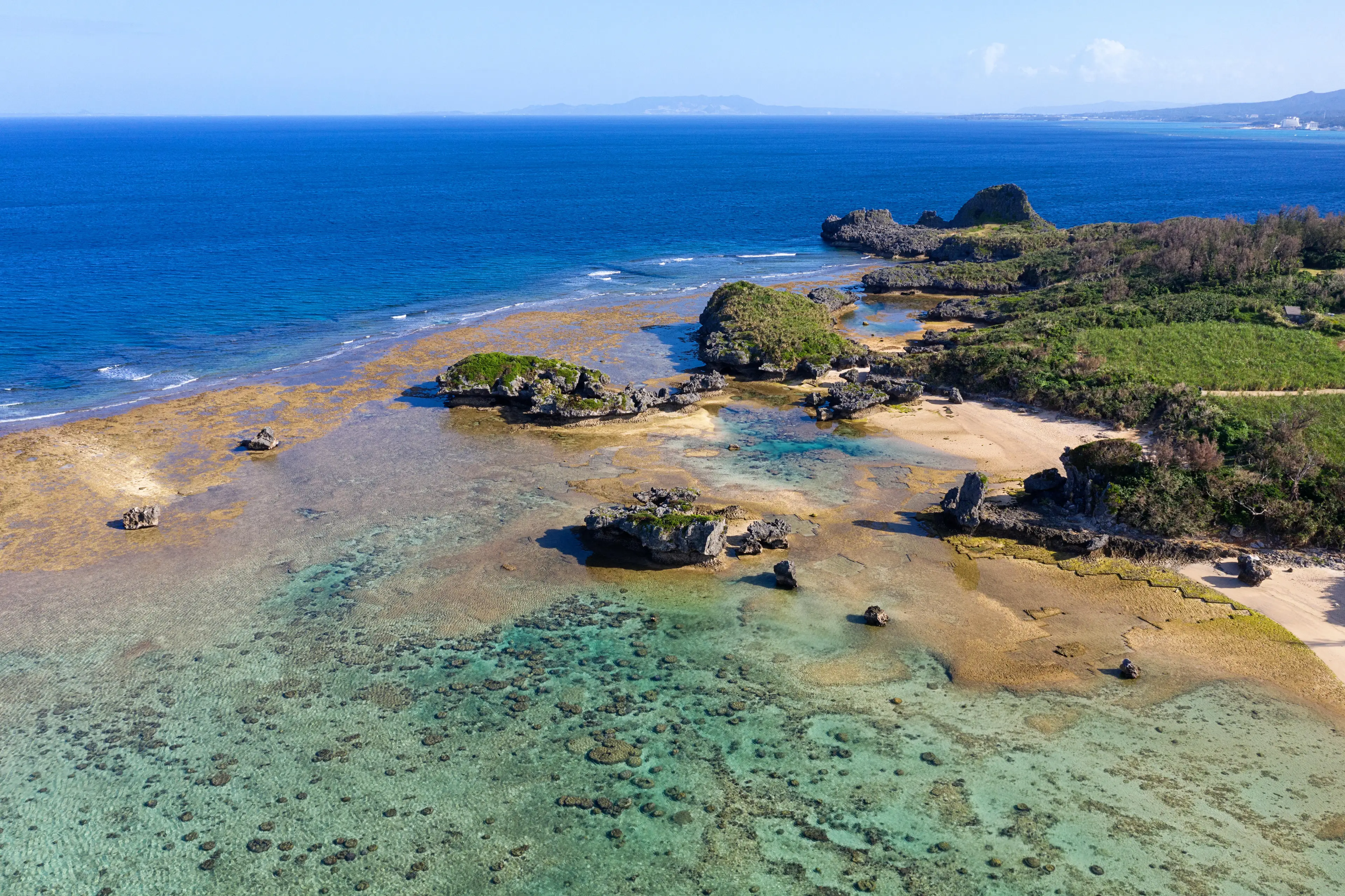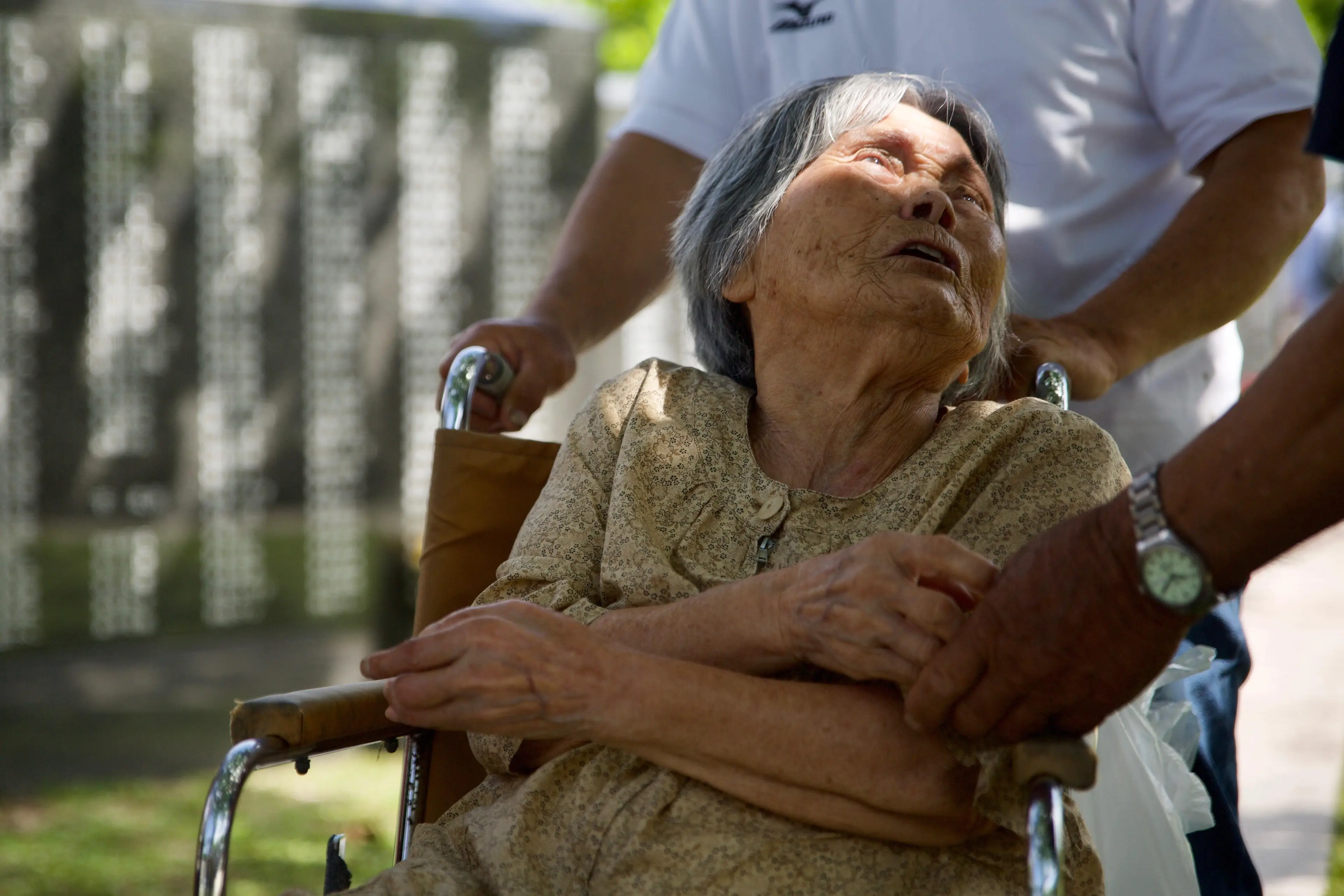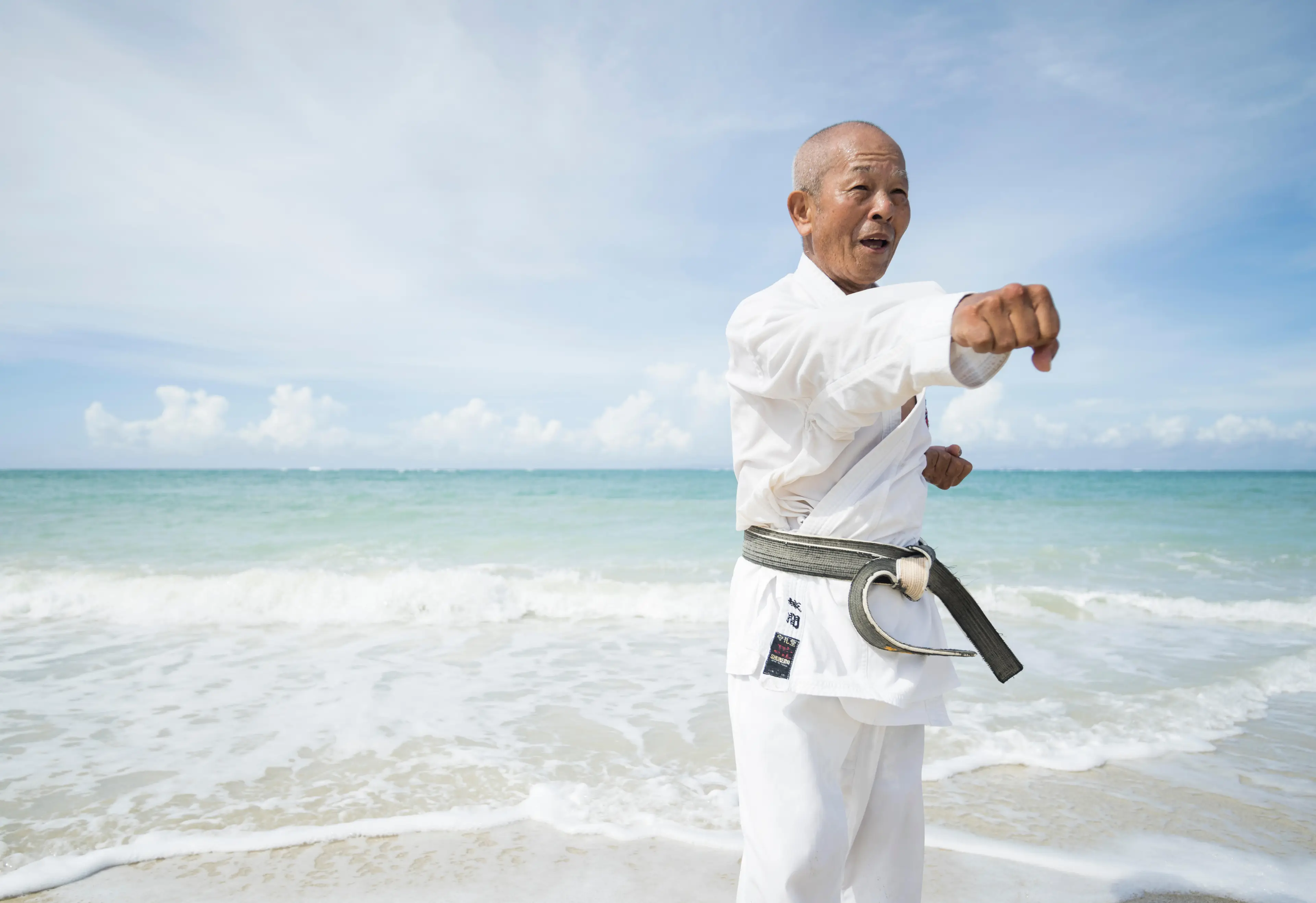
Japan has an ‘island of immortals’ where the average age is incredibly high and the risk of disease is very low.
Nearly everybody wants to live forever, but it seems that on the island of Okinawa – which is located in the East China Sea between Taiwan and Japan's mainland – residents have already hacked the secret to longevity.
The average lifespan for men on the island is 84, while for women there it’s 90, according to data from Japan’s Ministry of Health, Labour and Welfare.
This makes the average life expectancy on the island between five and 11 years longer than in the US.
Advert

Meanwhile, on the island, there are four times as many people who live until or past the age of 100, compared to anywhere else on the planet – putting the island on the map as one of the globe’s few Blue Zones.
The Blue Zones – which include Okinawa, the island of Sardinia, Italy, the island of Ikaria, Greece, Loma Linda, California and the Nicoya Peninsula Costa Rica – are parts of the world which have been observed by researchers at National Geographic as places where people are living much longer lives than the average person.
The residents of Okinawa are 80 percent less likely to develop coronary heart disease, breast or prostate cancer, and have the lowest rates in the world for the three leading causes of death including heart disease, strokes and cancer compared to other countries across the globe.
Furthermore, ‘old-age’ diseases like dementia are surprisingly uncommon too, despite the island having a high percentage of elderly residents.

Some explanations for this interesting age-related phenomenon could be due to the island's positive ageing process, with researchers noting that many of the centenarians in the study were lean, had high energy levels and had low rates of chronic diseases.
Another finding showed that the genetic makeup of residents on the island can even prevent inflammatory and autoimmune diseases. However, the research did note that if Okinawans moved to a new place and underwent lifestyle changes, their longevity was lost – signalling that external factors could further be to thank for their long lives, as opposed to just genetics.
A different study found that the residents had lower levels of free radicals, which are oxygen-containing molecules with an uneven number of electrons, in their blood.
This is believed to be because Okinawans only eat until they are 80 percent full in a cultural practice known as ‘Hara Hachi Bu’, which allows fewer calories to translate to fewer 'free radicals' in the digestive system. Free radicals are unstable oxygen molecules that have a free electron, they can be formed through natural cell function, but also by things like diet, stress, smoking, alcohol and exercise. Having fewer free radicals results in better cardiovascular health, less risk of cancer and other long-term illnesses.

A different study which focused on the Okinawan diet also found that people in the study were shown to have healthy arteries, low cholesterol and low homocysteine (an amino acid) levels.
This could decrease the risk of heart disease in people by up to 80 percent and is linked to a healthy diet, high levels of physical activity, moderate alcohol consumption, no smoking and a positive attitude towards life.
Many of those who feel inspired to implement these cultural, healthy habits into their daily life in order to increase longevity consider taking a trip to Japan to see how the locals live.
If you have a story you want to tell, send it to UNILAD via [email protected]
